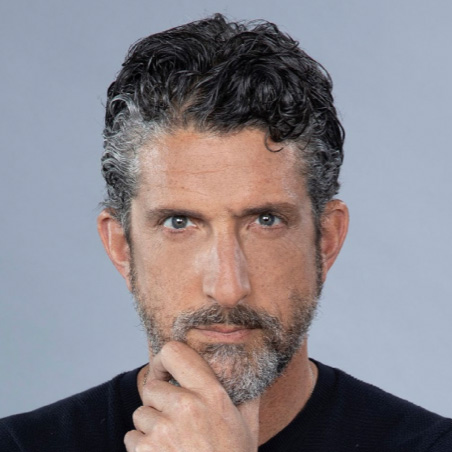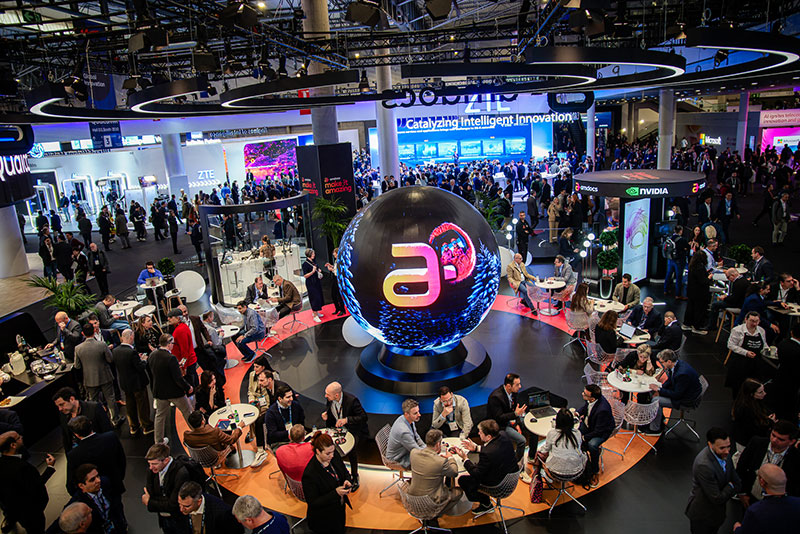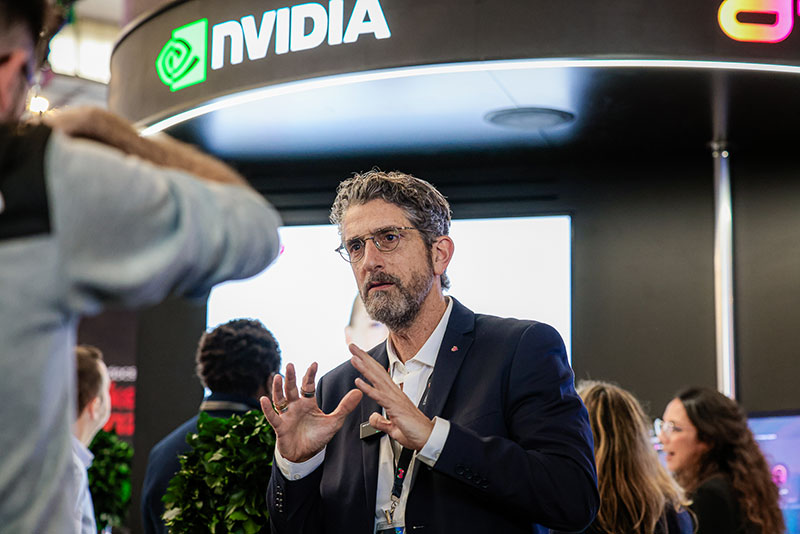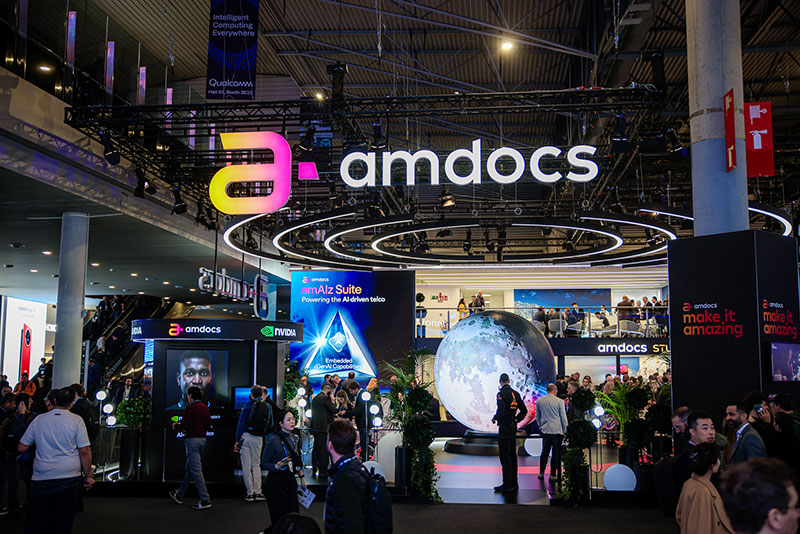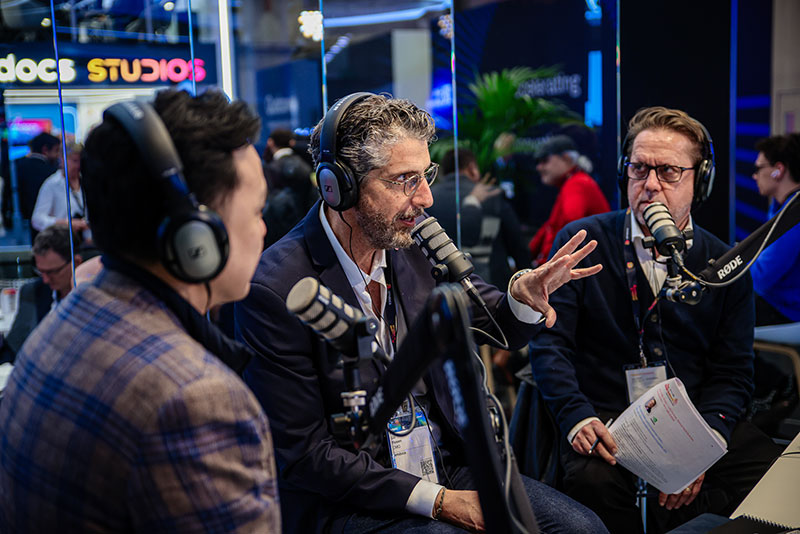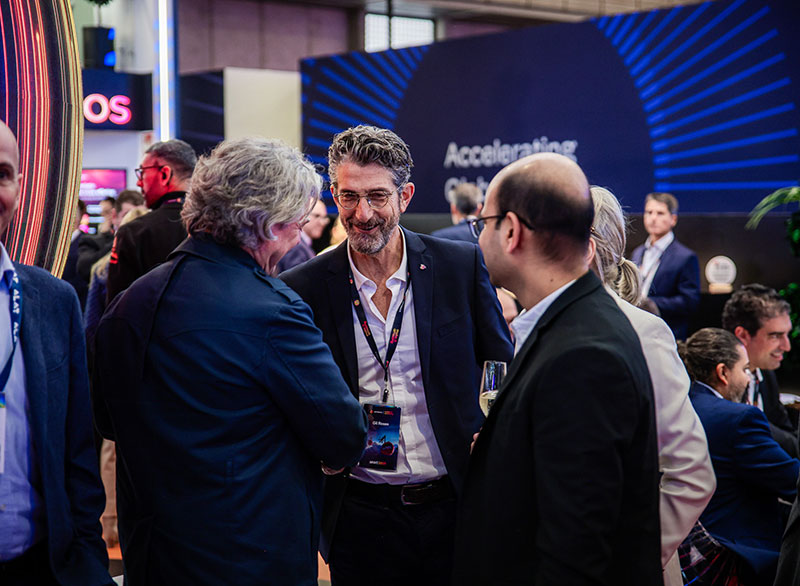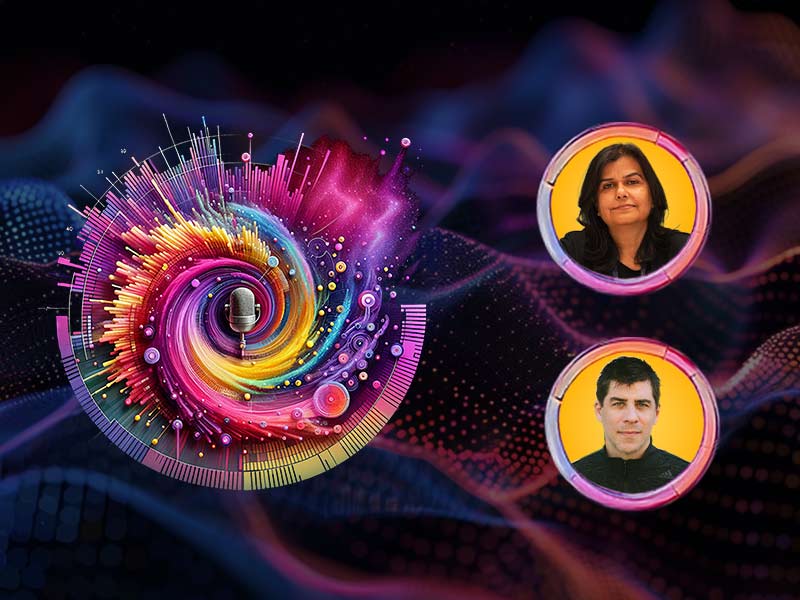As another Mobile World Congress (MWC) came to an end, I found myself taking one last look at our Amdocs booth - a space that has been more than just a showcase of technology. It has been a place of conversations, breakthroughs, and glimpses into the future.
This year's theme was Redefining. Not just redefining networks or operations, but redefining telecom itself. Generative AI (GenAI) is no longer a concept - it's here, and it's changing everything. But as we embrace this Agentic Era, I don't want to just focus on technology. Instead, I want to reflect on something bigger based on what I've seen here.
At its core, AI is about freeing us from the mundane taking away the repetitive tasks and giving us back time for creativity, strategy, and innovation. AI won't replace us. We are the ones building it, designing it, and shaping the future. And if we do it right, that future will be one where there is more joy and less chore.
With that, here are some of the major themes around AI that defined MWC 2025.
The Rise of Agentic Agents: AI That Thinks and Adapts
One of the most exciting transformations happening in telecom is the rise of Agentic Agents - AI-powered digital assistants that do more than just respond to queries.
At our demo station, we introduced Lily, an AI agent that can handle everything from billing inquiries to technical support to sales interactions. What makes Lily special isn't just her ability to retrieve and process information instantly - it's her ability to adapt to each customer individually.
Imagine a world where every support call, chat interaction, or service request is handled by an AI agent that understands not just the words a customer is saying, but also their history, preferences, and even emotional tone. This shift is what we call Personality Engineering. AI agents must be more than functional; they need to embody the brand's voice and intent.
The feedback from customers at MWC was clear: AI agents that simply automate processes aren't enough. They must be deeply personalized, intelligent, and capable of human-like engagement.
And the most important part? This isn't a future vision - it's already happening.
The AI Kitchen: A New Mindset for AI Innovation
One of my favorite insights from MWC came from Anton Bonifacio, Chief AI Officer at Globe, during our Great Indoors Podcast. He introduced a concept that resonated with me: The AI Kitchen.
The analogy is brilliant. Instead of focusing only on building specific AI applications, companies should focus on building the AI infrastructure - the “kitchen” where all AI innovation happens.
In this model, the Chief AI Officer's job isn't to create individual applications but to build the environment where any AI application can be developed quickly and efficiently.
This is a major shift in mindset because AI isn't a product - it's an ecosystem. The companies that build strong AI foundations - with the right tools, security, and governance will be the ones that innovate the fastest.
This is exactly what we're doing at Amdocs. AI is no longer about isolated projects, it's about creating the infrastructure that enables continuous innovation.
Bridging the Gap Between Technology and Business
Historically, MWC has been a technology-first conference, focused on networks, infrastructure, and standards. But as AI and customer experience take center stage, the business side of telecom needs its own platform.
That's why this year, we launched The CMO Circle, a new GSMA initiative focused on bringing business and marketing voices into telecom discussions. As one of the founding members, I sat down with CMOs from Vodafone, Ericsson, and GSMA to discuss how we bridge the gap between technology, business, and customer experience.
The goal is clear: To create a dedicated space at MWC for discussions about go-to-market strategies, brand differentiation, and customer experience innovation. Because in the AI-driven future, technology alone isn't enough—how you bring it to market is just as important.
The Bigger Picture of AI & Human Potential
As MWC 2025 came to a close, I found myself once again taking in the full view of our booth—this time, for the last time. But instead of recapping our tech showcases, I want to leave you with a different kind of insight.
The Agentic Era is supposed to do more than just automate tasks. It's supposed to give us back time—to focus on creativity, strategy, and innovation.
Yes, AI will replace many routine processes. But it won't replace us. Because at the end of the day, we are the ones designing this technology. We are the ones who will define its purpose, its ethics, and its impact. And that means we get to shape a future where AI doesn't just make business more efficient - it makes life better.
As I say goodbye to Barcelona, I leave with a renewed sense of excitement.
- AI isn't a distant future - it's happening now.
- Personality Engineering will define how brands engage customers in the AI age.
- Embedded connectivity is reshaping telecom's role in business.
- The AI Kitchen mindset is how companies will build scalable, adaptable AI ecosystems.
And above all else, we have the power to make sure this new world is one where there is more joy and less chore.
See you next year, MWC.


